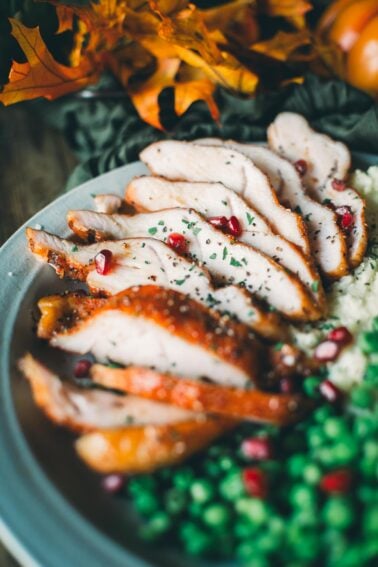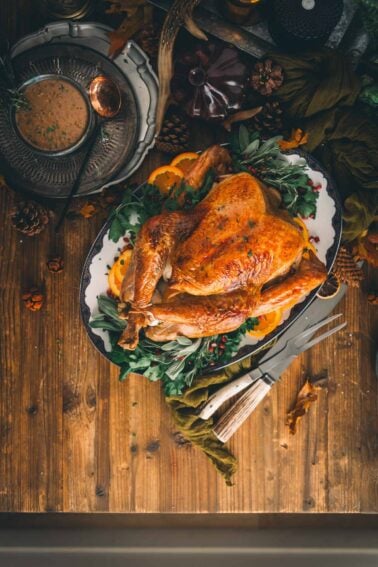There’s a certain satisfaction that comes with a perfectly sharpened knife; it’s a tool that feels good in your hand and works exactly as you need it to. Understanding how to sharpen a knife like a butcher is an invaluable skill that can improve the efficiency and safety of your cooking.
Sharpening a knife involves more than just dragging it across a honing rod. It’s a process that requires the right tools, understanding of angles, and mastery of technique. Let’s dive into the steps that can help you achieve a perfectly sharpened knife.
Gather the Necessary Tools: Selecting the Right Knife Sharpener

Before you can start sharpening your knife, you need to have the right tools. There are various types of knife sharpeners available in the market; it’s crucial to choose one that suits your needs and skill level.
A good knife block set will often include a honing rod, but you might also consider a sharpening stone or an electric sharpener for more worn blades. It’s also important to use a stable surface for sharpening. A kitchen countertop or table that doesn’t wobble will provide the steady base you need for this task.
Understanding the Angle: How to Properly Position Your Knife

Once you’ve got your tools, it’s time to understand the angle. The angle at which you hold your knife against the sharpener is critical to achieving a sharp edge. Most kitchen knives should be sharpened at an angle between 15 and 20 degrees. For a more detailed explanation of knife angles, this study on lithics provides an in-depth look.
If you’re new to sharpening knives, there are guides and jigs available to help you maintain the correct angle. With practice, you’ll get a feel for it and won’t need the guide anymore.
The Sharpening Process: Mastering the Forward and Backward Motion

The actual sharpening process involves a forward and backward motion along the sharpener. Starting from the base of the knife, draw the blade across the sharpener and down, finishing with the tip of the knife. Repeat this process until your knife is sharp.
Remember to maintain the correct angle throughout this process. Both sides of the knife should be sharpened equally. A common method is to do ten strokes on one side, then ten on the other, and repeat. This ensures an evenly sharpened edge.
Checking Sharpness: Testing the Knife’s Edge

After you’ve sharpened your knife, it’s essential to check its sharpness. A common method is the paper test: hold up a sheet of paper and try slicing through it with your knife. A sharp knife should cut through the paper cleanly and easily.
You can also test the knife’s edge by lightly running your thumb across it (not along it!). If the knife isn’t as sharp as you’d like, simply repeat the sharpening process. Remember, it’s better to go slow and steady, sharpening your knife little by little rather than trying to do it all at once.
Maintaining Your Knife: Regular Care and Upkeep for Long-Lasting Sharpness

Maintaining your knife is just as important as sharpening it. Regular care can prolong the sharpness of your blade and extend its life. This means cleaning your knife properly after each use and storing it correctly. If you’re unsure how to care for your knife, this book on how to sharpen a knife like a butcher provides excellent tips. Remember, a well-maintained knife not only performs better but also poses less of a risk. A dull knife can slip and cause injuries, so keep your knives sharp, clean, and ready to go.
Hungry for more? Subscribe to our newsletter and become part of the world’s best meat community! From grilling tips to smoky secrets, we send you the best recipes, guides, and expert advice to master every cut.













